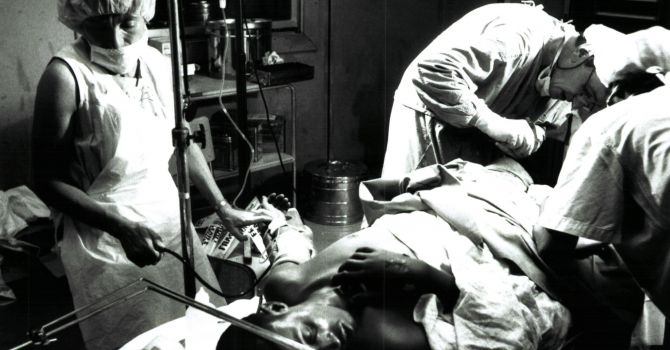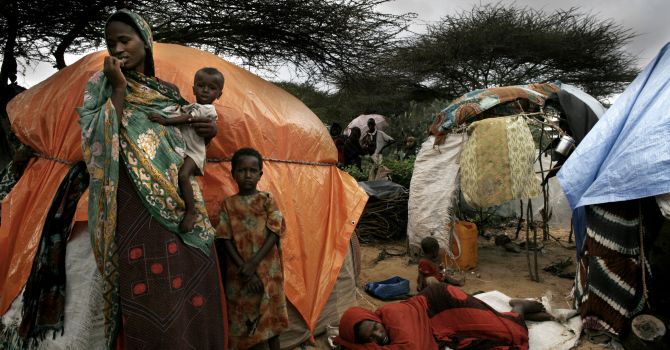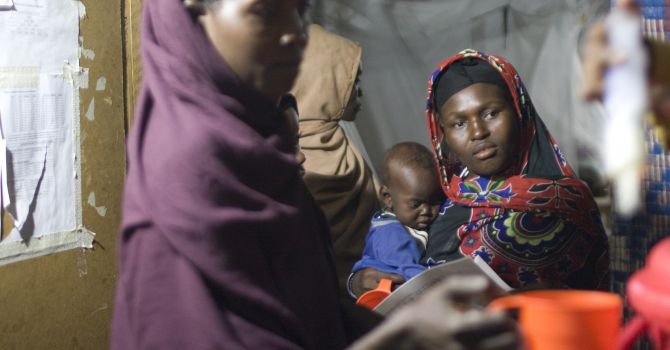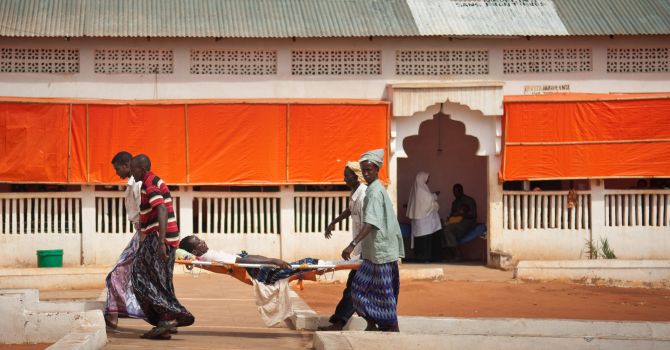
Abuse and manipulation of humanitarian action
22 years of medical aid ended in Somalia
After working continuously in Somalia since 1991, MSF has made one of the most painful decisions in its history and announced the closure of all its programs in Somalia from mid-August. It is the result of extreme attacks on its staff in an environment where armed groups and civilian leaders increasingly support, tolerate, or condone the killing, assaulting, and abducting of humanitarian aid workers.

“We have reached our limit in Somalia with the sequence of murders and abductions over the past five years,” said Dr. Unni Karunakara, the then MSF International President. “But security is not the reason we left. What dashed our last bit of hope of working in the country was that the very parties with whom we had been negotiating minimum levels of security tolerated and accepted attacks against humanitarian workers.”

MSF remains committed to addressing the tremendous needs in Somalia through medical humanitarian assistance. But all actors there must demonstrate through their actions a willingness and ability to facilitate the provision of humanitarian assistance to the Somali people and respect for the safety of the humanitarian aid workers.





